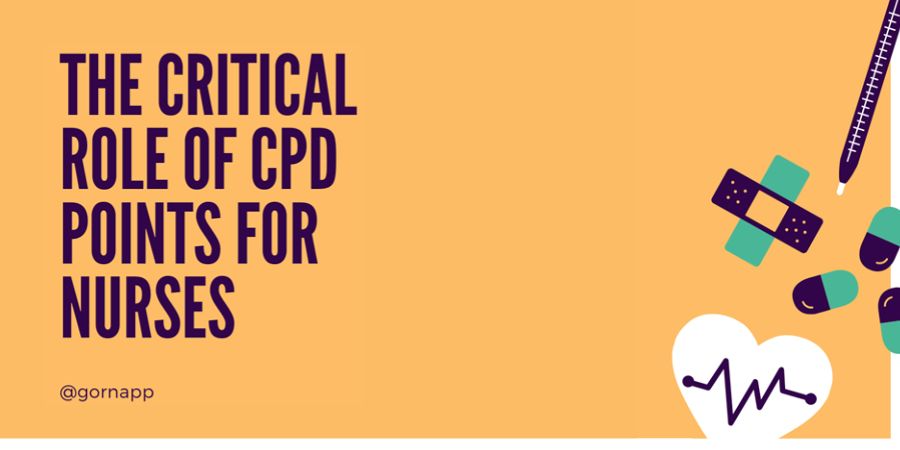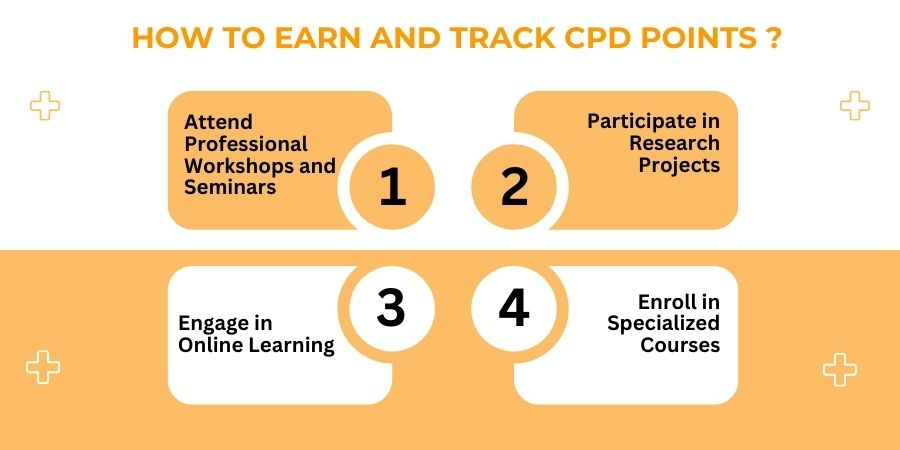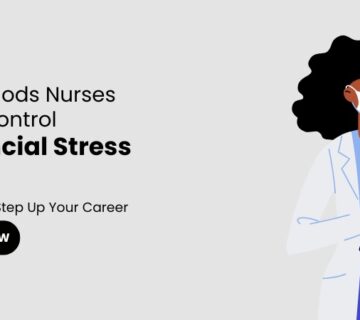In the fast-paced world of healthcare, staying updated with the latest medical practices, technologies, and patient care standards is not just beneficial—it’s essential. This is where Continuing Professional Development (CPD) points come into play, especially for nurses in the United States. Here’s why CPD is such a pivotal part of the nursing profession.
What are Continuing Professional Development (CPD) Points?
CPD points or credits are a way to measure and record the time professionals spend learning new skills and knowledge outside of their initial training and education. In nursing, Continuing Professional Development (CPD) points are crucial for maintaining licensure and certification. They are typically earned by attending workshops, seminars, conferences, and completing online courses that are relevant to nursing practice.
Why are CPD Points Important?
- Maintaining Licensure and Compliance: Most state boards of nursing in the U.S. require nurses to earn a certain number of CPD points to renew their licenses. This ensures that nurses are not only compliant with regulations but are also up-to-date with the latest healthcare practices.
- Enhancing Quality of Care: CPD programs are designed to keep you sharp, informed, and capable. Regularly updating your skills and knowledge means improved patient care outcomes. As medical technologies and methodologies evolve, staying current can literally be a matter of life and death.
- Career Advancement: Investing in your professional development can open up new doors in your career. Whether it’s moving into specialized fields or securing higher positions, Continuing Professional Development (CPD) points can significantly boost your resume and make you a more attractive candidate for promotions and new job opportunities.
- Personal and Professional Growth: Lifelong learning is personally enriching. CPD not only boosts your professional competence but also your confidence and job satisfaction. Engaging in ongoing education helps combat professional burnout and keeps your passion for nursing alive.
- Networking Opportunities: Many CPD activities involve interacting with other healthcare professionals. This can be a great way to build relationships, share knowledge, and even find mentors. Networking is often crucial for career development and personal growth within the healthcare industry.
How to Earn and Track CPD Points?
Earning CPD points can be fun and flexible. Here are a few ways nurses can accrue these points:
- Attend Professional Workshops and Seminars: These are excellent for learning and networking.
- Enroll in Specialized Courses: Many institutions offer courses that not only provide CPD points but also deepen your expertise.
- Participate in Research Projects: Contributing to research not only earns points but also significantly contributes to the nursing field.
- Engage in Online Learning: Online platforms offer a plethora of courses that can be accessed anytime, anywhere, making it easier to fit into your busy schedule.
Tracking your Continuing Professional Development (CPD) points can be managed through various professional bodies or directly through your employer, depending on the state’s requirements. It’s important to keep a detailed record of all your activities as proof of your ongoing commitment to professional development.
Conclusion
In the world of nursing, CPD points are more than just a checkbox for compliance—they are a cornerstone of professional excellence. By embracing CPD, nurses not only enhance their skills but also significantly improve the quality of care provided to patients. It’s a win-win for both personal growth and professional responsibility. So, why not take charge of your professional journey today and see where your CPD can take you?
Remember, in a field as dynamic as healthcare, standing still is not an option. Keep learning, keep growing, and keep pushing the boundaries of what you can achieve as a nurse!



